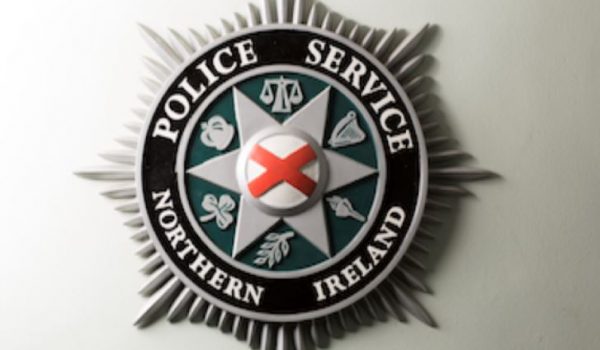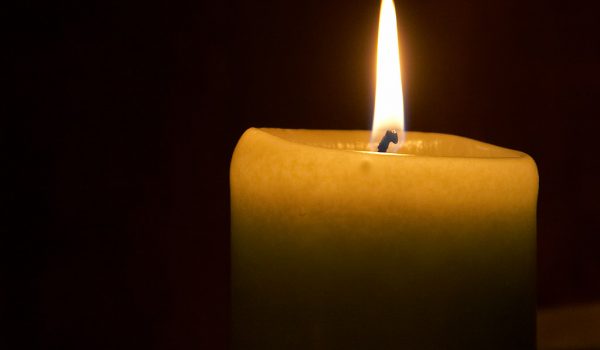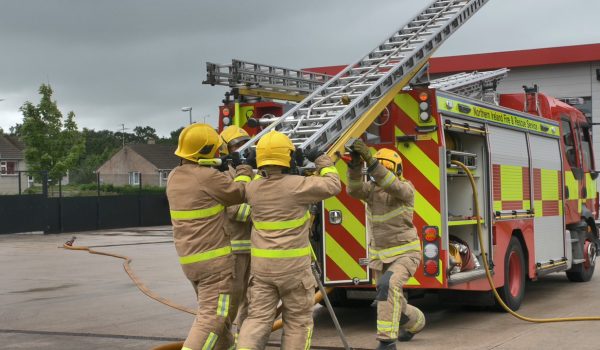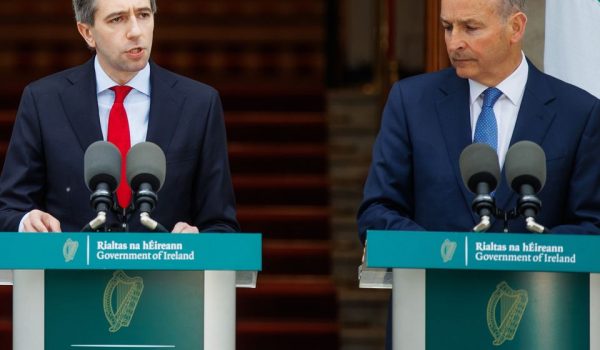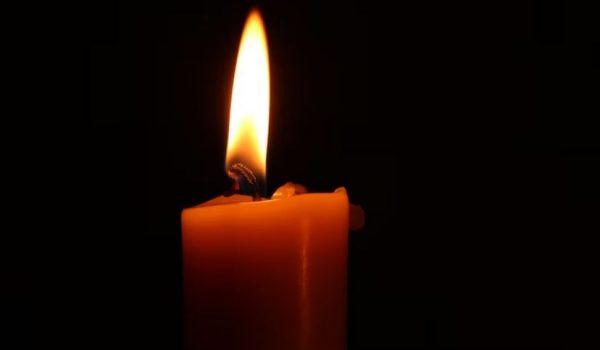
The actor implied the accusations against Dustin Hoffman and Garrison Keillor were not entirely fair.
Actor Liam Neeson spoke up this week for two celebrities accused of sexual harassment. While he said the effort to expose sexual harassers was generally “healthy,” he called the #MeToo movement a “bit of a witch hunt.”
Neeson cited the cases of fellow actor Dustin Hoffman and writer and radio personality Garrison Keillor during an interview on Ireland’s “The Late Late Show” that was posted online Friday.
“There is a bit of a witch hunt happening,” said Neeson.
“There’s some people, famous people, being suddenly accused of touching some girl’s knee or something, and suddenly they’re being dropped from their program,” he said, referring to Keillor.
The former host of “A Prairie Home Companion” was fired by Minnesota Public Radio for inappropriate behavior. Keillor has claimed he was called out for simply patting a woman on the back to console her. His hand touched bare skin, he said, and he apologized.
Neeson also described himself as “on the fence” about Hoffman, who has been accused by several women of sexual harassment.
“When you’re doing a play and you’re with your ‘family’ — other actors, technicians — you do silly things,” Neeson said. Some actors can become “superstitious” about certain actions, he explained, and may believe that if they don’t to perform those actions every night, it will “jinx” the show.
“I think Dustin Hoffman … I’m not saying I’ve done similar things like what he did, you know … apparently touched another girl’s breasts and stuff, but it’s childhood stuff,” said Neeson.
Last year, actress Kathryn Rossetter accused Hoffman of groping her each night before a particular scene when she was appearing with him in a 1983 Broadway production of “Death of a Salesman” ― and later after filming the 1985 television adaptation.
“Along with the nightly sexual harassment, he eroded my confidence, my dignity,” she wrote in a December guest column in The Hollywood Reporter. “He humiliated and demeaned me. He robbed me of my joy in the experience and he left dirty fingerprints on my soul.”
In November, another woman said Hoffman had sexually harassed her when she was a 17-year-old intern working on the TV adaptation of “Death of a Salesman.” Hoffman said in response to her allegation that he felt “terrible that anything I might have done could have put her in an uncomfortable situation.”
Neeson weighed in earlier this week on another issue concerning women: the gender pay gap. During an interview about his latest film, “The Commuter,” he called the pay disparity between men and women “fucking disgraceful.” He said men need to step up and help fix the problem.
But when asked if he would take a pay cut so that an actress could be paid more, Neeson responded, “Pay cut? No, no, no, no, no. That’s going too far.”
HuffingtonPost.com

